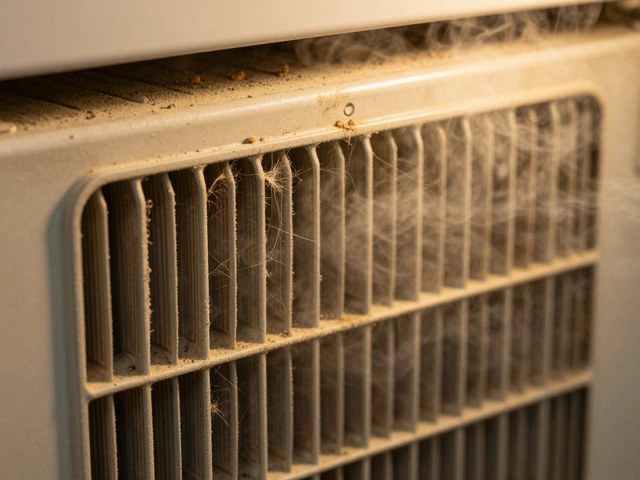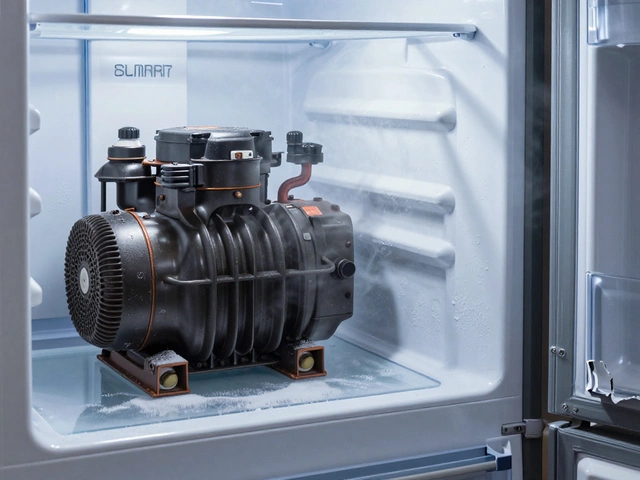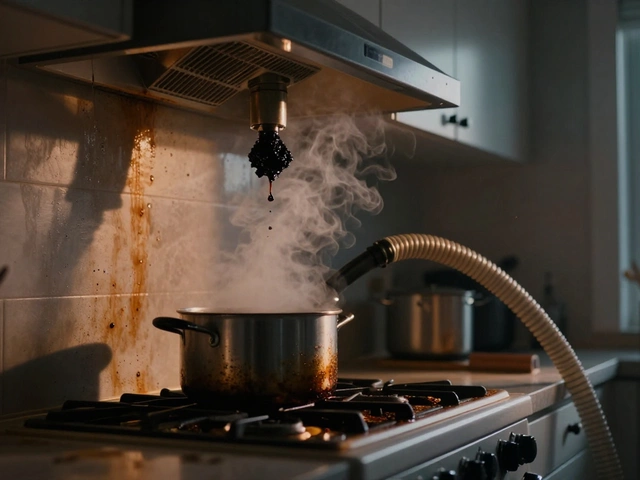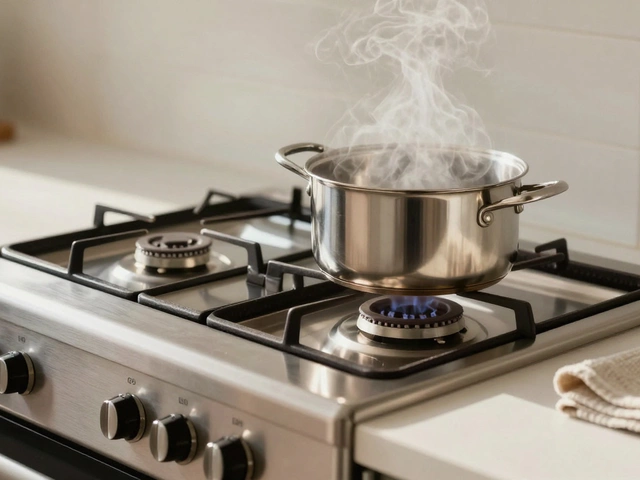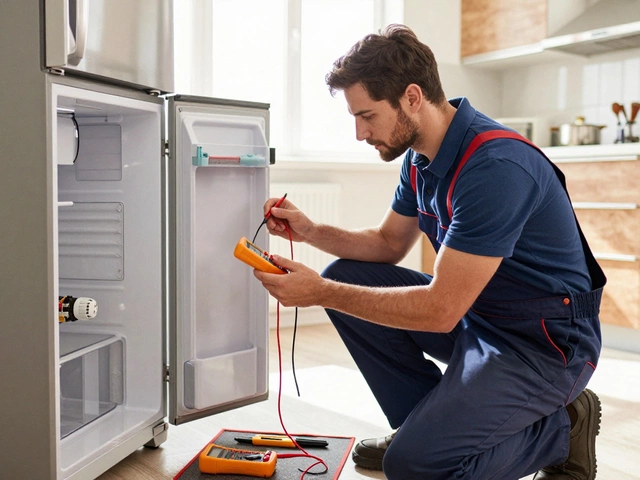Old Appliances – Repair, Replace, and Extend Their Life
Got a washing machine that’s been chugging for a decade? A fridge that still hums but shows a few dents? You’re not alone. Most households end up with a mix of older gear that still works, but sometimes it starts acting up. Deciding whether to call a pro, roll up your sleeves, or finally toss it can feel like a guessing game. The good news? You can make a clear call with a few simple checks and a little know‑how.
When to Repair an Old Appliance
First off, ask yourself three quick questions: Is the problem isolated? How much will the fix cost? Will the repair give you a few more reliable years? If the issue is a single part – a broken door seal on a fridge, a clogged pump on a washing machine, or a bad heating element in an oven – a repair is usually worth it. Small fixes often run under £100 and can add 2‑5 years of life.
Next, compare the repair quote with the price of a new model. If a repair is more than half the cost of a replacement, think twice. New appliances are more energy‑efficient, which saves on bills. Also, check the age of the unit. Most major appliances have a typical lifespan: washers 8‑12 years, fridges 10‑15, ovens 12‑20. If yours is past the average and the repair is pricey, replacement may be smarter.
Tips to Extend the Life of Your Old Appliances
Even if you decide to keep that aging dryer, a few habits can keep it humming longer. Clean lint screens after every load, wipe down seals on your fridge regularly, and run a cleaning cycle on your dishwasher every few months. For washing machines, use the right amount of detergent and avoid overloading. Simple maintenance checks take minutes but prevent big breakdowns.
Another easy win is to watch the power settings. Running an oven at a higher temperature than needed wastes energy and stresses heating elements. Likewise, set your fridge to the recommended 3‑5 °C; colder settings make the compressor work harder and shorten its life. If you notice strange noises, odd smells, or inconsistent performance, don’t wait – a quick inspection can catch a problem before it spirals.
Finally, keep a basic toolbox handy. A screwdriver set, pliers, and a multimeter can help you tackle minor issues like a loose wire or a stuck latch. You don’t need to be a tech wizard; many manufacturers publish simple fix guides online. When in doubt, a short call to a local repair service (like Weymouth Appliance Repair Services) can give you a cost estimate before you commit.
Bottom line: old appliances don’t have to be a headache. By doing a quick cost‑vs‑benefit check, staying on top of routine cleaning, and handling easy fixes yourself, you’ll either stretch the life of your current gear or know exactly when it’s time to upgrade. Either way, you’ll save money and avoid the panic of a broken machine right when you need it most.
Electric Oven Repair: Is It Worth Fixing a 20-Year-Old Oven?
- Alden Wilder
- Jun 12 2025
- 0 Comments
Thinking about whether to fix a 20-year-old oven? This article breaks down the real costs, hidden risks, and tells you how to decide if hanging onto your old oven actually makes sense. Get straight answers about parts, efficiency, and safety, plus a no-nonsense checklist for taking the next step. If your kitchen is stuck in the early 2000s, see what’s really worth your money and what’s just wasting your time.
View More
